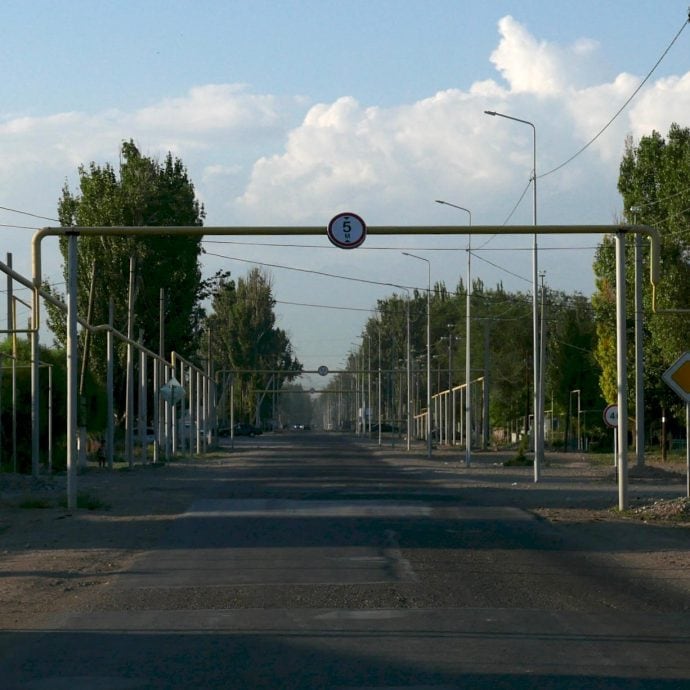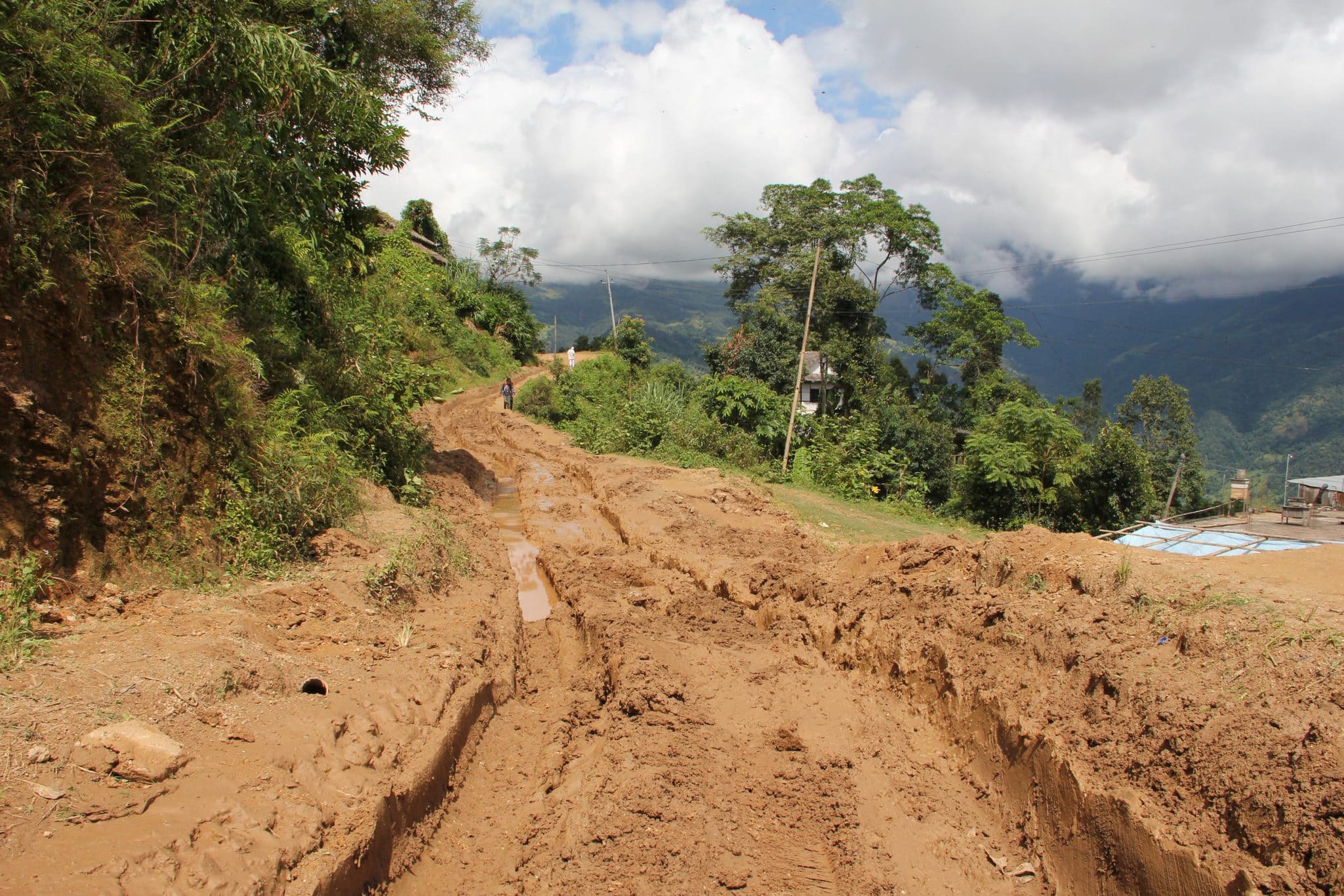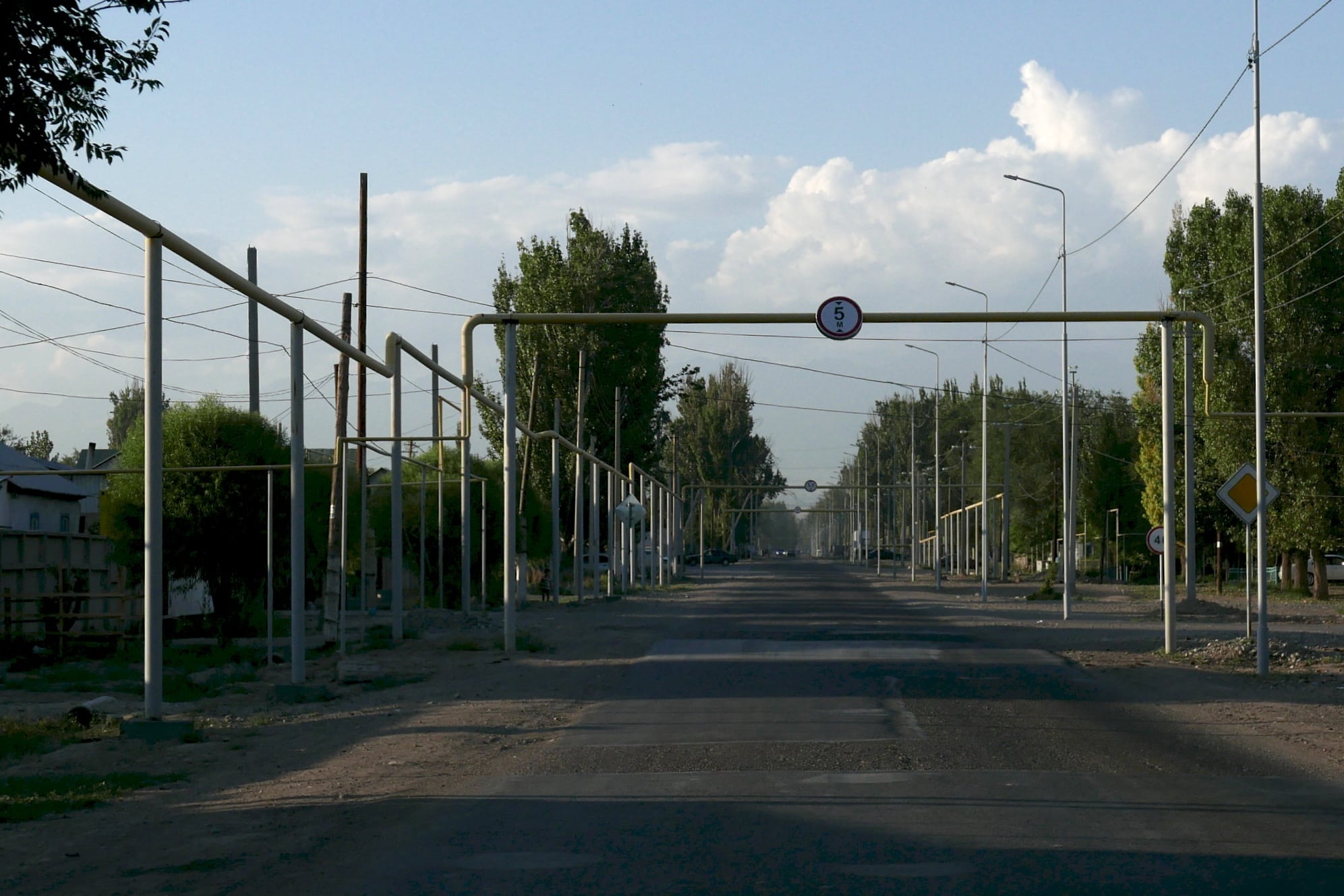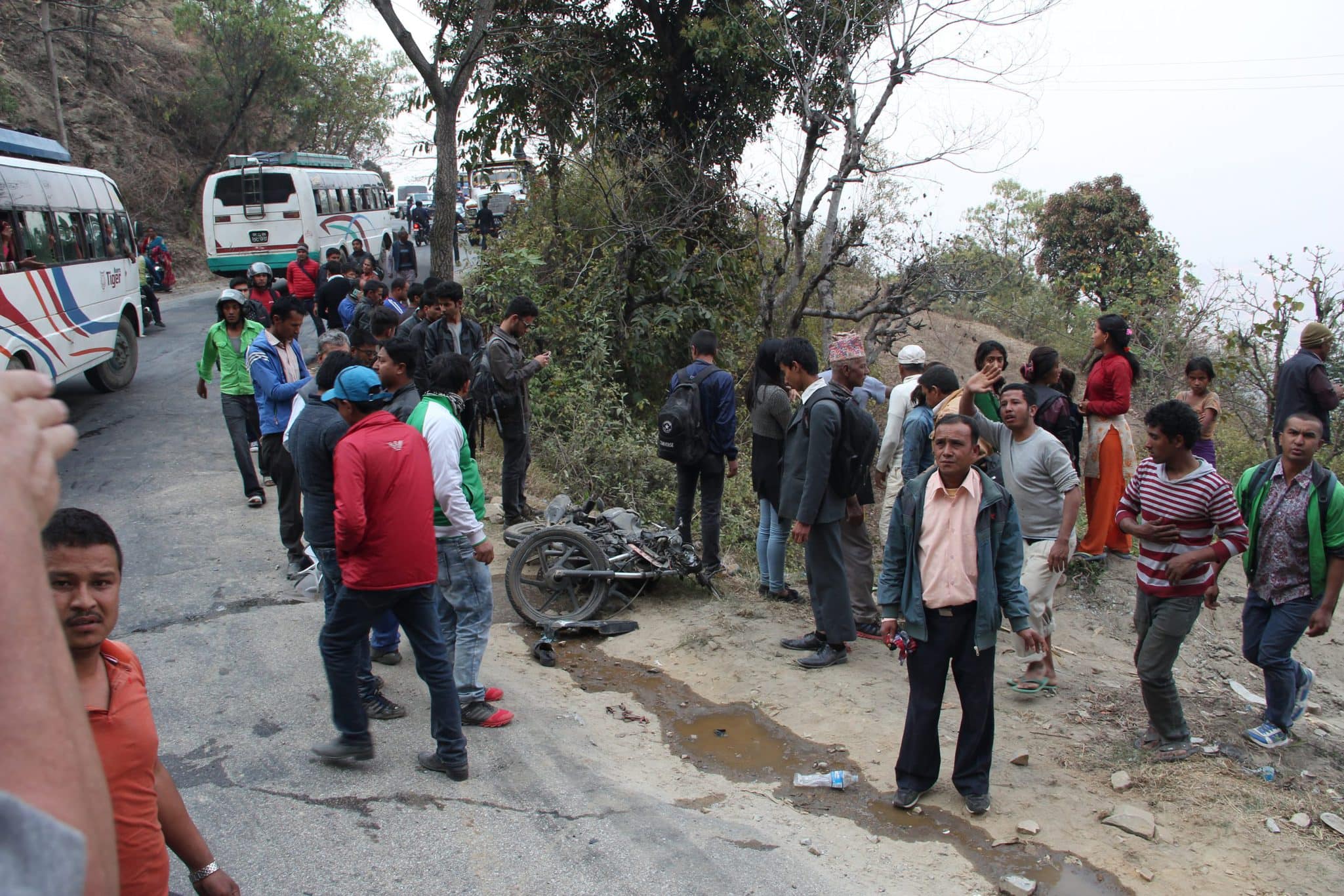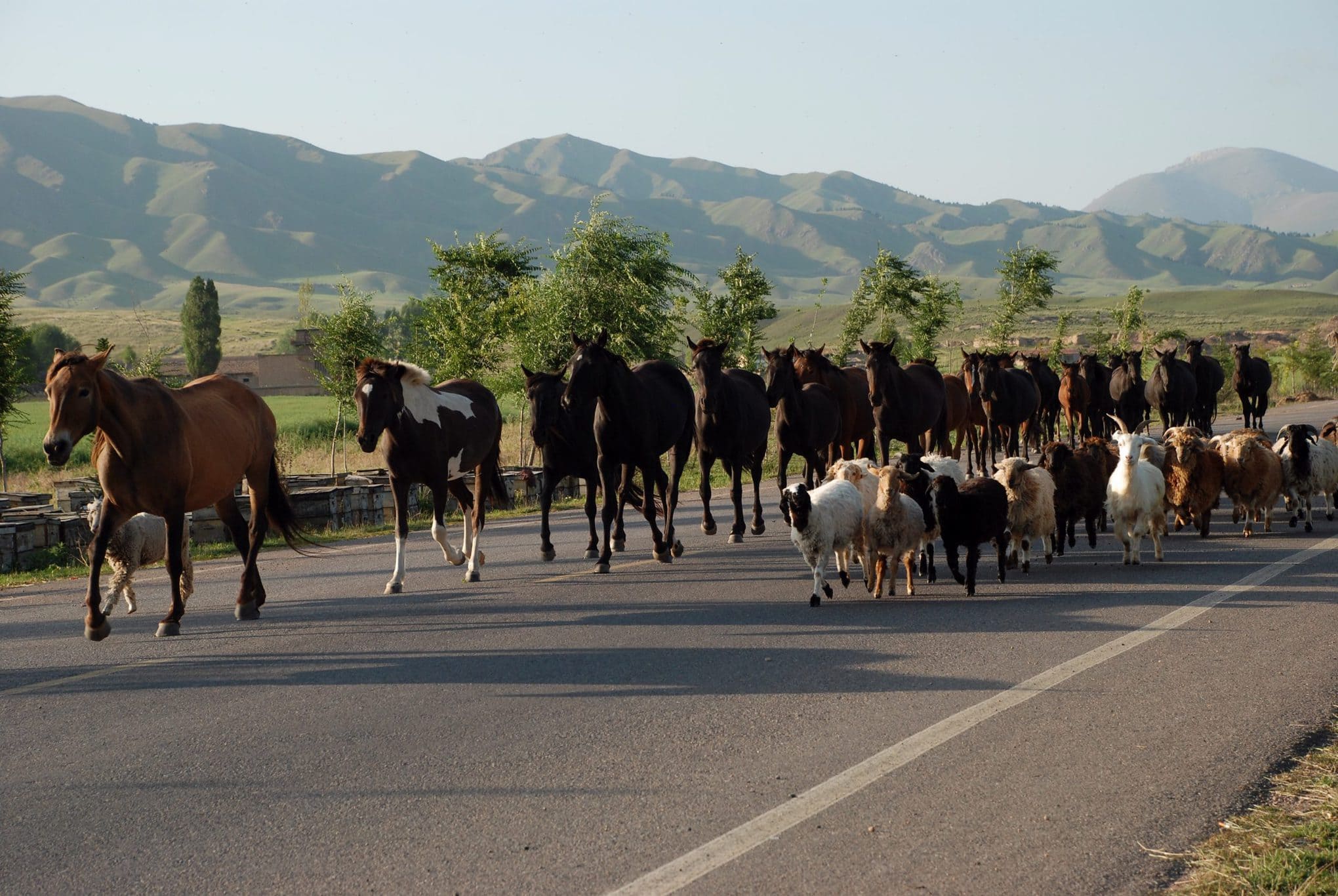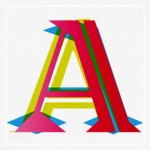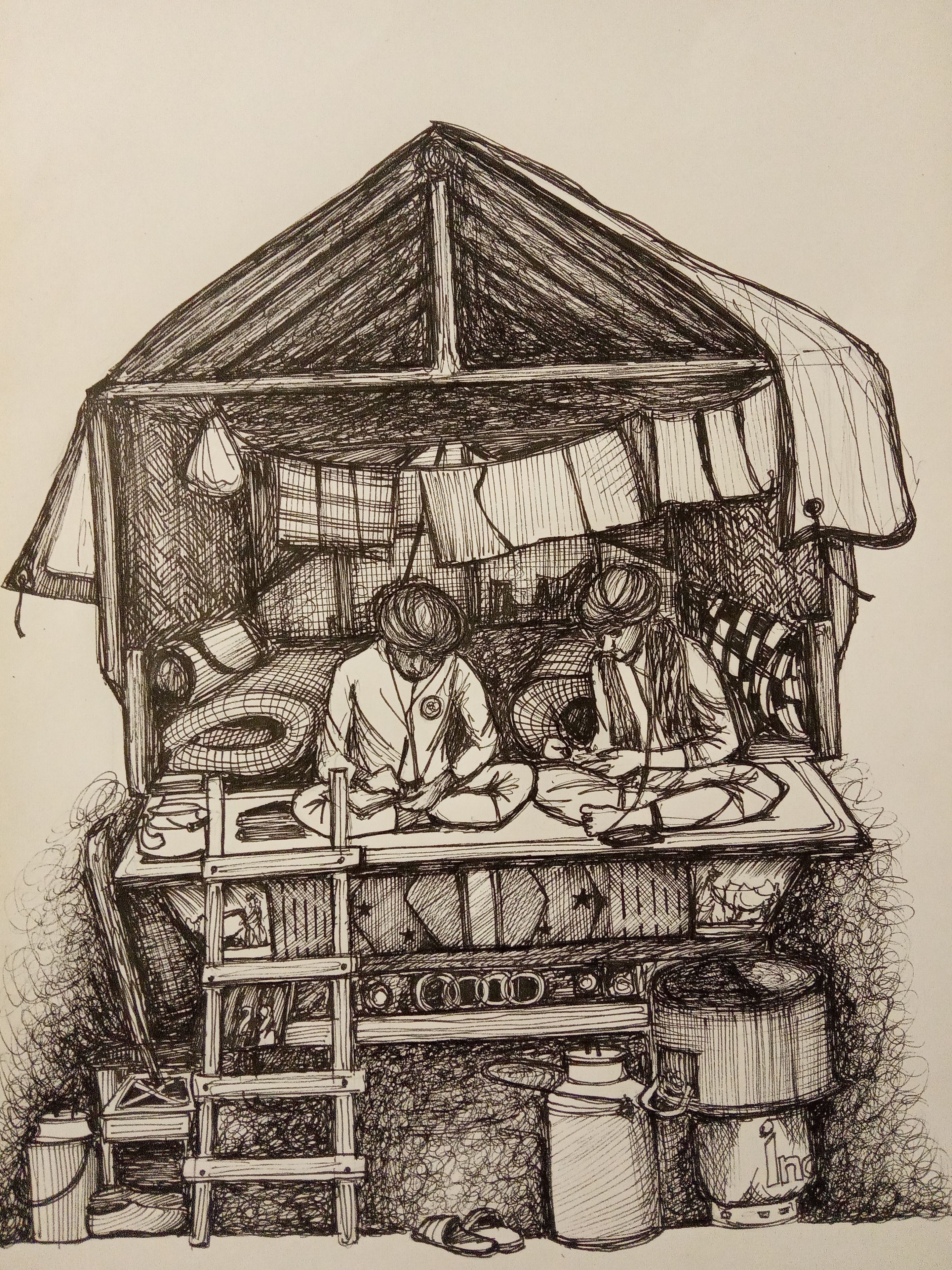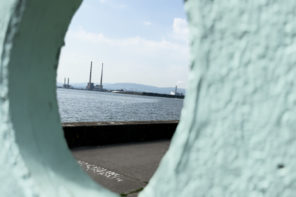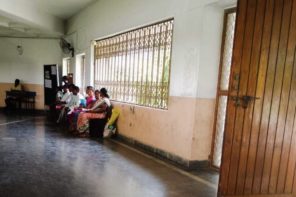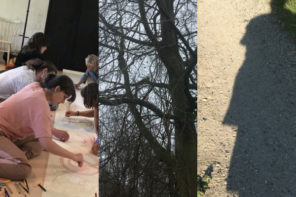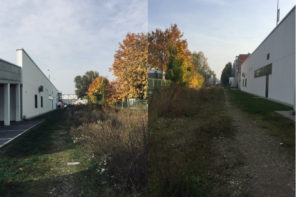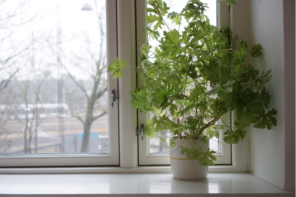The side of a road is a good place for ethnography, we think. One of us owns a field next to a country road. It is a twenty-minute drive from the nearest McDonald’s restaurant. Judging from the rubbish Matthäus finds in the pasture, that is the time it takes to finish a Big Mac and a soda. Even more than a railroad (Latour 1993: 117), a roadside is neither local nor global. Waiting at the side of the road, at any moment, a window can open for a soda can to be discarded, or a vehicle can stop and maybe you can hitch a ride. But more often than not, the cars and trucks swoosh by and leave you covered in their dust, speeding off to that global elsewhere.
Roads connect and separate, they facilitate flow and scatter way points, they serve as vital infrastructures of contemporary life.
By the roadside, we can appreciate how infrastructures come to matter.
Roadsides is a collectively managed Open Access e-journal designed to be a forum devoted to exploring the social, cultural and political life of infrastructure. The aim of Roadsides is to consider the work that infrastructure does culturally, politically, and socially, as well as the labour that goes into the making of infrastructure itself. We are also interested in the social biographies of materials, discourses, technologies, and knowledges out of which infrastructure is fashioned. A further aim of this journal is to understand how social relations are articulated through infrastructure, become layered into it, and produce new publics and subjectivities.
The ways in which humans engage and disengage infrastructure, as well as how infrastructure (dis)engages humans is at the core of the debate.
At the same time, we want explicitly to embed infrastructure in topography and climate, and trace its trajectories through other-than-human temporalities. Yet another goal of the journal is to devote space to discussing and further developing an ethnographic methodology of infrastructure research.
We understand the title Roadsides as a metaphorical proxy for all sorts of engagements arising alongside roads, rail tracks, pipelines, border fences, airports, houses, dams, and other kinds of infrastructure as they are imagined, contested, constructed, and maintained, and as they fall into disrepair.
The journal offers space for reflection, for engaging in conversation with others, and a place to test new ideas before developing them into full-length articles and books.
We publish two thematic collections of texts a year, each comprising several individual contributions. The aim of each contribution is to introduce one central argument or a piece of analysis, and develop it with an ethnographic vignette, photographs, drawings, video clips and the like. The texts are short – around 1500 words each. In addition to texts, we welcome multisensory contributions combining word, image, and sound.
Roadsides is a “double-open” peer-reviewed journal. This means, among other things, that the peer review is a transparent process, and is understood as constructive, supportive, creative and ethical. We do our best to make sure that both sides – the reviewers and the authors – feel respected. The journal is co-funded by the Swiss National Science Foundation and the University of Zurich. The intention of Roadsides is to create a graphically pleasing and, format-wise, more accessible forum for intellectual exchange than might be the case in a typical academic journal. Each collection on the website represents an addition to a gradually developing debate in both textual and visual forms. Calls for contributions to thematic collections are published on the website twice a year.
We are grateful to Allegra Lab for giving us the chance to present Roadsides in this forum. Over the coming week, we will publish a number of essays and interventions to illustrate the scope of this project. We will start with a photo essay by Hasan Karrar on the Attabad landslide in Pakistan and what happened when the Karakorum Highway “became liquid” (Rest and Rippa 2019: 381). After that, Christine Bichsel will take us to outer space and back to the time when the Soviet MIR space station was still orbiting this planet. Luke Heslop will bring us back to the roadside and the nitty-gritty of building roads on the Maldives, before Matthäus Rest will take us up the Arun River into Nepal’s Himalaya, where an Indian developer is building a hydropower dam many people had thought would be delayed forever. Next Monday, Julie Chu, Kenzell Huggins, Harini Kumar, Jack Mullee, and Heangjin Park have prepared a multimedia experience on logistics. “Un/boxing Fulfillment” mobilizes the artifact of The Box along with processes of un/boxing to animate key dimensions of “logistical worlds.”
We will round out this collection with two calls for papers for upcoming curated collections of Roadsides. In the September 2020 collection “Architecture as/and Infrastructure” Madlen Kolbi and Nadine Plachta will interrogate how architecture and urban design function as and with infrastructure. In February 2021, Alessandro Rippa will be editing a themed collection that will draw our attention to archives as the sites central to the imagining of infrastructure, to its planning, as well to its making.
As you can see, quite a lot happens at the side of a road. We hope you will enjoy this short week with Roadsides and that you will consider hitching a ride with us!
The Editorial Collective:
Julie Chu (University of Chicago)
Tina Harris (University of Amsterdam)
Agnieszka Joniak-Lüthi (University of Zurich)
Madlen Kobi (Academy of Architecture, Mendrisio)
Galen Murton (James Madison University, Harrisonburg)
Nadine Plachta (Heidelberg University)
Matthäus Rest (Max Planck Institute for the Science of Human History, Jena)
Alessandro Rippa (Tallinn University)
Martin Saxer (LMU Munich)
Christina Schwenkel (University of California, Riverside)
Max D. Woodworth (The Ohio State University)
To peruse all issues of Roadsides, visit the journal’s website: https://roadsides.net
References
Latour, Bruno. 1993. We have never been modern. Cambridge, MA: Harvard University Press.
Rest, Matthäus and Rippa, Alessandro. 2019. Road Animism: Reflections on the Life of Infrastructures. HAU: Journal of Ethnographic Theory 9 (2): 373–389.

